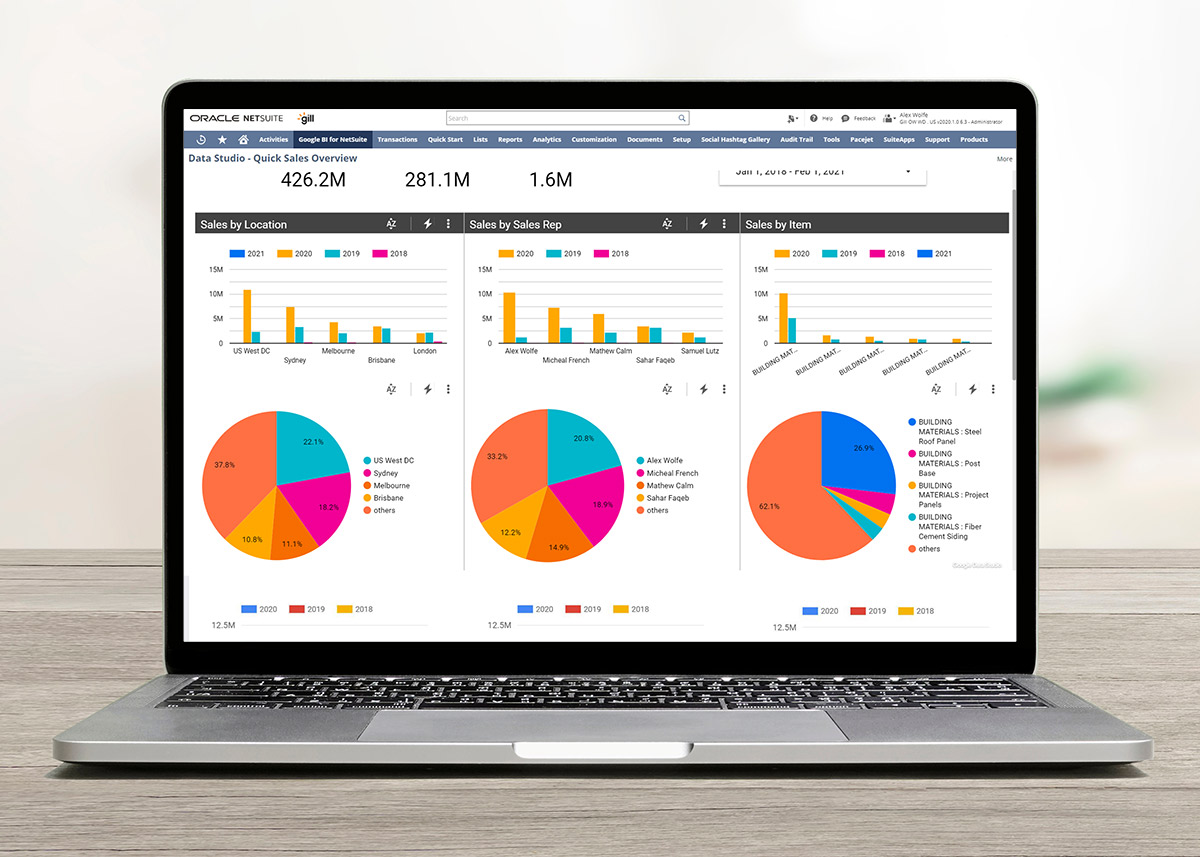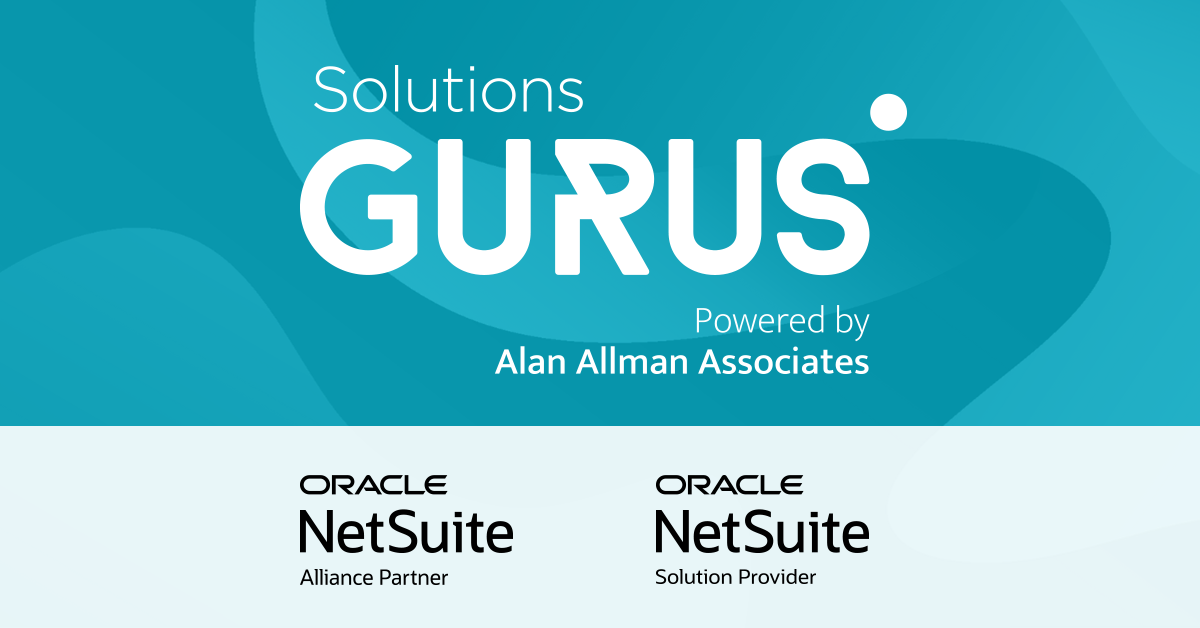
Enterprise Resource Planning (ERP) systems promise to streamline operations, improve financial oversight, and support long-term growth. However, for CFOs of mid-sized businesses, implementing an ERP comes with significant challenges.
Cost overruns, operational disruptions, and data migration errors can create major setbacks, making it essential for financial leaders to carefully assess these risks before making a decision. While ERP systems offer substantial benefits, they also present challenges that require strategic planning and expert guidance.
By understanding these challenges and working with experienced ERP partners, CFOs can maximize the value of their ERP investment while minimizing potential pitfalls.
Learn More About Implementing New ERP Systems
Managing ERP Implementation Costs Without Surprises
One of the biggest challenges for CFOs when implementing an ERP system is cost management. ERP solutions often require significant upfront investments, but hidden expenses like customization, training, and ongoing maintenance can add unexpected financial strain.
To prevent cost overruns, CFOs must establish a clear budget and carefully evaluate all potential expenses before selecting a system. Partnering with an experienced ERP provider, such as GURUS Solutions, ensures that businesses receive transparent Oracle NetSuite implementation pricing and tailored cost-saving strategies.
Planning for Scalability with the Right ERP Systems
As mid-sized businesses grow, their ERP system must scale to accommodate new product lines, expanding operations, and evolving market conditions. Many CFOs worry that their ERP will become outdated or require expensive modifications as the business expands.
Choosing a scalable ERP, such as NetSuite, ensures long-term flexibility and seamless upgrades. ERP partners like GURUS Solutions help businesses future-proof their systems, ensuring they can handle growth without costly overhauls.
Keeping ERP Projects on Schedule
ERP implementations often face delays due to misaligned teams, unrealistic timelines, or insufficient resources. When projects go off track, businesses risk extended downtime and budget overruns.
A structured project management approach keeps ERP rollouts on schedule and within budget. GURUS Solutions provides detailed implementation roadmaps, ensuring that businesses meet their deadlines and achieve a smooth transition to their new system.
Ensuring Data Migration Accuracy Between ERP Systems
Data migration is a critical step in the ERP process, and even small errors can result in data loss, inaccurate financial reporting, or operational inefficiencies. CFOs must ensure that financial and operational data is transferred seamlessly without compromising accuracy.
Using a structured data migration approach reduces the risk of errors and ensures that legacy data integrates properly with the new system. Working with ERP experts can simplify this process by offering proven methodologies for secure and accurate data migration.
Balancing Customization and Standardization
Every business has unique operational requirements, but excessive ERP customization can lead to complexity, increased costs, and maintenance challenges. At the same time, relying solely on standard ERP configurations may require companies to adjust their workflows.
Finding the right balance between customization and standardization allows businesses to maintain efficiency while tailoring the ERP system to their needs. ERP experts help companies navigate this challenge by identifying essential customizations while keeping the system flexible and manageable.
Addressing Compliance and Security Concerns
Regulatory compliance and data security are top priorities for CFOs, particularly in industries with strict financial reporting requirements. ERP systems must comply with regulations such as SOX, GDPR, and industry-specific standards while protecting sensitive company data.
NetSuite ERP includes built-in compliance features and advanced security protocols, ensuring businesses meet regulatory requirements. Working with ERP specialists ensures these security measures are correctly implemented and tailored to a company’s specific needs.
Achieving a Strong Return on Investment Post Implementation
CFOs must justify ERP investments by demonstrating measurable benefits such as improved efficiency, financial visibility, and long-term cost savings. However, achieving a strong return on investment (ROI) is not always immediate, which can be a point of concern.
Setting clear performance goals and tracking key performance indicators (KPIs) ensures that businesses see tangible improvements from their ERP system. GURUS Solutions helps companies optimize NetSuite ERP to align with their financial goals, ensuring faster ROI realization.
Ready to Make the Move?
Contact GURUS Solutions today to learn more about our NetSuite migration services.


